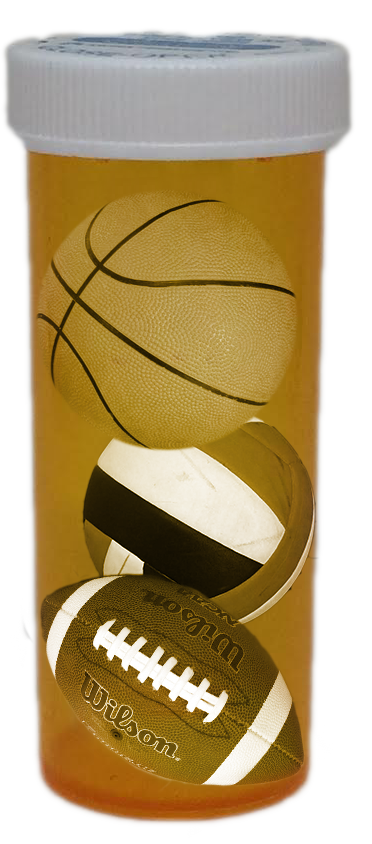Friday night choices have Saturday morning consequences
Drug, alcohol abuse detrimental to athletic performance.
December 8, 2016
Going out on a Friday night can lead to drinking or drug use, but athletes might have to ask themselves if that night of partying was really worth it when it comes time to play a basketball game or run at a cross country meet while battling a hangover.
“I’ve had times when I’ve been under the influence the day before and I’ve had to go to a practice hungover,” a San Francisco prep school student who plays volleyball and wishes to remain anonymous said. “I got a stomach ache and I wasn’t concentrated or focused. I didn’t feel my best so I didn’t play my best.”
Alcohol consumption leads to dehydration that adds on to the possible dehydration from the physical activity required to play a sport, according to pediatrician Lisa Dana, MD.
“You’re already taxing your body,” Dana said. “If you go in dehydrated, your ability to recover from an intense workout will be compromised.”
While drugs may not cause dehydration, they can have similar results as alcohol, such as fatigue and lack of focus. Drugs also have their own list of serious side effects, according to Dana.
Smoking marijuana is linked to respiratory damage and restricting the ability to breathe, and stimulant drugs, such as cocaine and amphetamines, have a high potential for addiction, according to the National Collegiate Athletic Association.
“Stimulant drugs can also really be dangerous for you because you’re straining your heart,” Dana said. “They cause your heart to race and that can really affect your ability to focus.”
There are no benefits to using substances as a student athlete, according to cross-country coach Michael Buckley, who says he has observed the effects of drugs and alcohol on students in the past.
“We’ve had some athletes who’ve indulged the night before they compete,” Buckley said. “We’ve actually had kids that failed to qualify for the next round of the postseason because they weren’t being responsible the night before they were supposed to compete.”
The school reviews any athlete suspected of or found drinking or participating in recreational drug use, which could ultimately result in her suspension, according to Athletic Director Elena De Santis.
For athletes like fencer Bea Gee who plan to pursue sports after high school, the consequences of drinking and drug use are big influencers when it comes time to decide whether or not to engage those activities.
“I want to fence in college so I have to choose wisely and keep that in mind,” Gee said. “When you go to competitions, you should be clean because that way you’re not only respecting yourself but your opponents.”
Buckley says drugs and alcohol can derail an athlete’s entire career.
“I’ve really never seen anybody who was able to indulge and then not have a negative effect follow from it,” Buckley said. “I’ve seen a couple of kids fall out of the sport entirely as a result of their drug and alcohol usage.”
Gee says she abstains from substance use to be a good role model for her team members, most of whom are younger than her.
“I’ve seen it affect some of my team members’ performance,” Gee said. “They did not do well in the tournament because they were not in the right mindset. It just isn’t worth it.”










